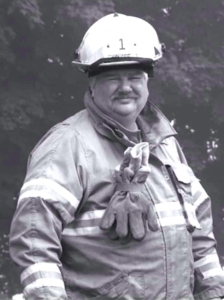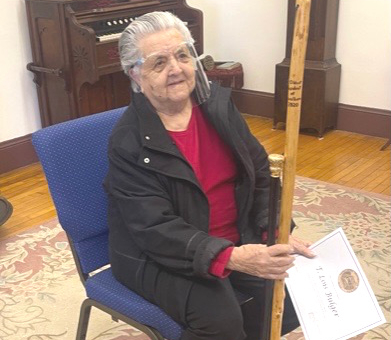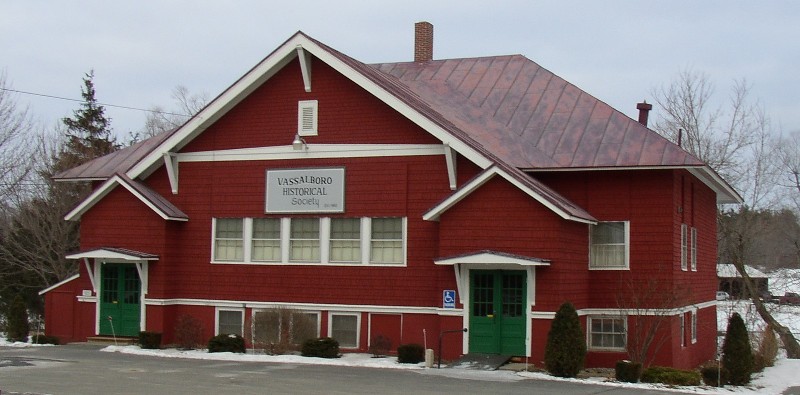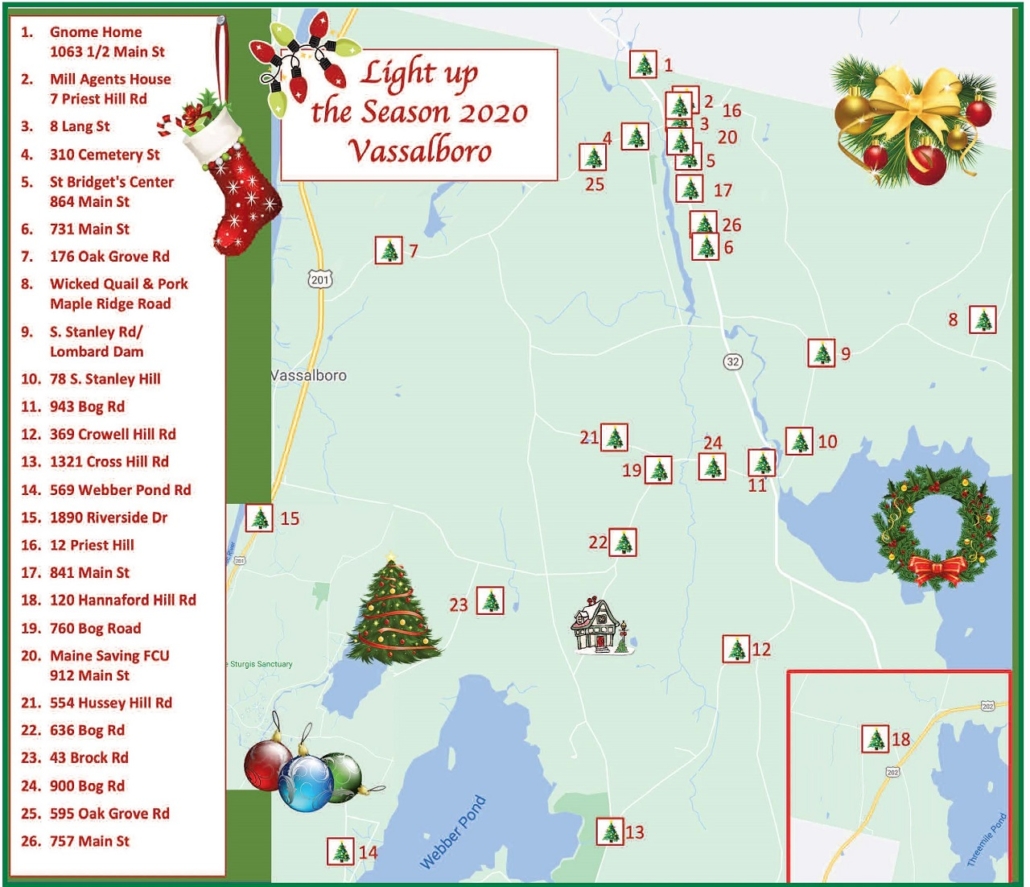Retired Vassalboro fire chief recognized for 30 years of service

Retired Vassalboro Fire Chief Eric Rowe, left, with current fire chief Walker Thompson. (photo courtesy of Vassalboro Fire Dept. Photos taken prior to Covid-19 outbreak)
by Chief Walker Thompson

Retired Vassalboro Fire Chief Eric Rowe in his turn-out gear. (photo courtesy of Vassalboro Fire Dept. Photos taken prior to Covid-19 outbreak)
In the spring of 2020, Chief Eric Rowe, who was fire chief for 30 years, decided to retire. Eric first joined the Vassalboro Fire Department April 8, 1980, and was promoted to fire chief on February 13, 1990.
Eric has always been a true role model, leader, mentor, friend and much more throughout the past 30 years as chief. Thompson said, “we would like to congratulate and thank Eric for all that he has done for not only the department, but the community as well. You could always count on Eric to be there, no matter what time of day or night. We would not be where we are today without all that he has done and accomplished throughout the past 30 years as Chief.” Chief Rowe still remains a member of Vassalboro Fire Dept., next to his two boys, Benji and Bennie Rowe, who currently serve as captains.
This year was a tough year for most and the busiest they’ve ever been, ending the year with a total of 175 calls of service, compared to 145 in 2019.
“Vassalboro Fire will continue to strive to be the best we can,” said Thompson, “and provide quality service to our community whenever we are called upon. We are currently staffed with 29 members in the department. As always, we would again like to thank our mutual aid departments, public works department, our dispatchers at Augusta Regional Communications Center, and all law enforcement agencies that continue to provide support throughout each year.
“We would also like to thank the town officials and townspeople who support us every day. Lastly, I personally would like to thank all of the men and women of Vassalboro Fire Department for their hard work and dedication to our community. These folks are the definition of true professionals.”


 Selectmen to consider amendments to subdivision and marijuana ordinances
Selectmen to consider amendments to subdivision and marijuana ordinances



